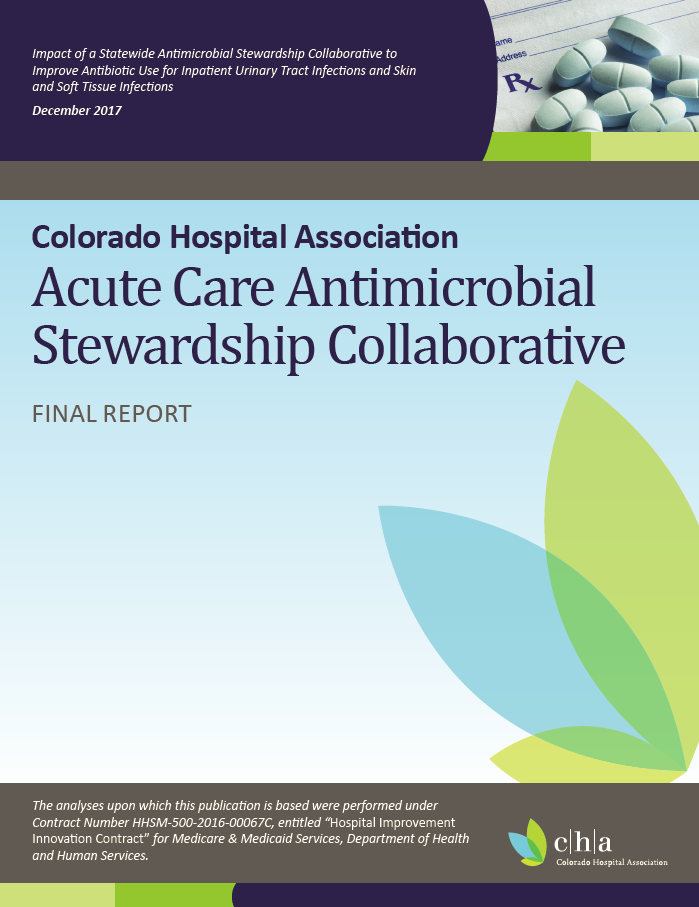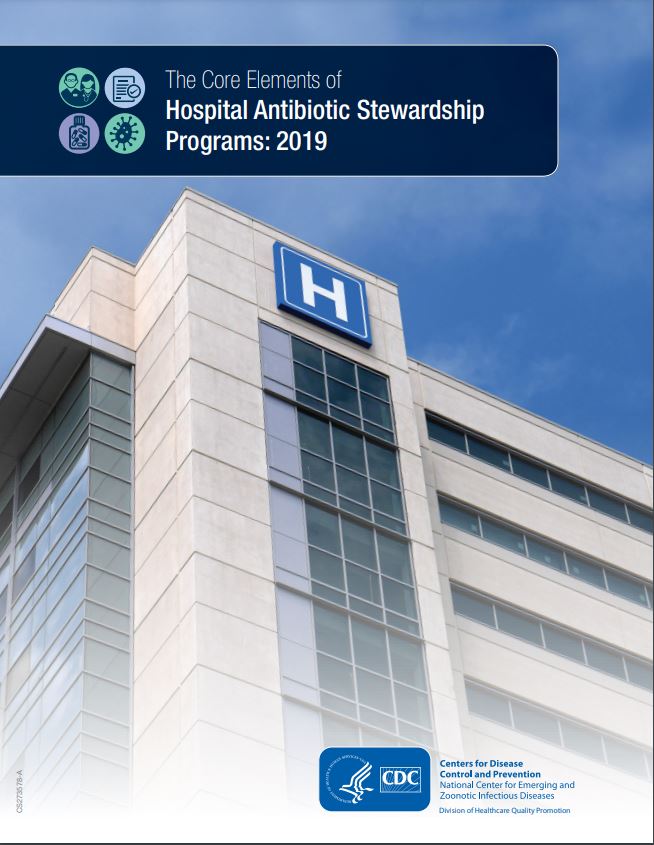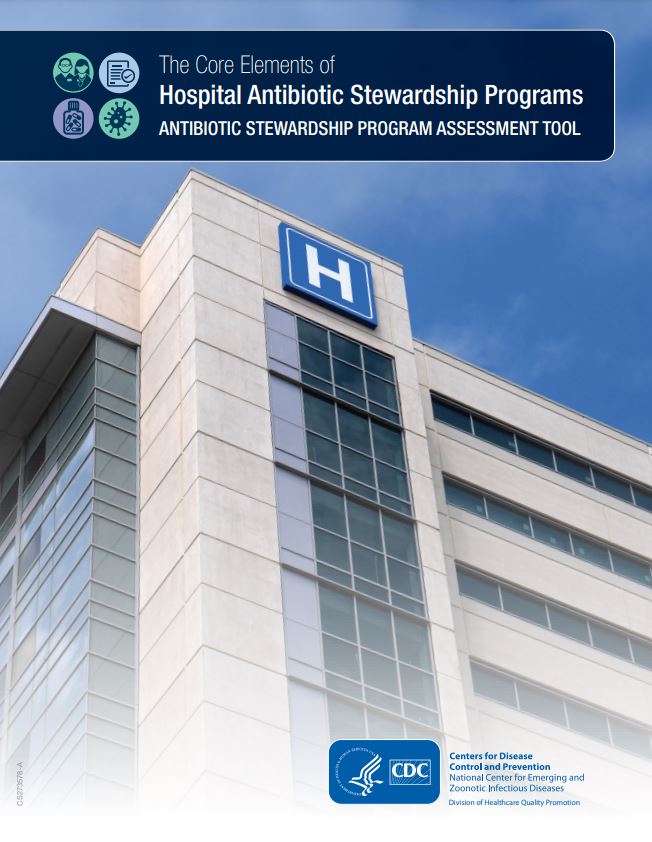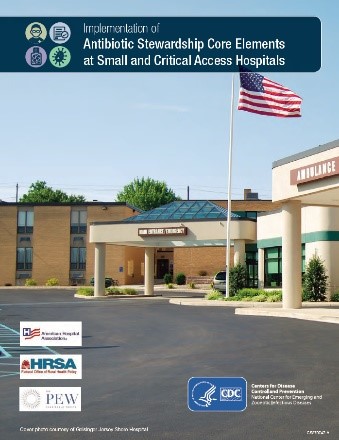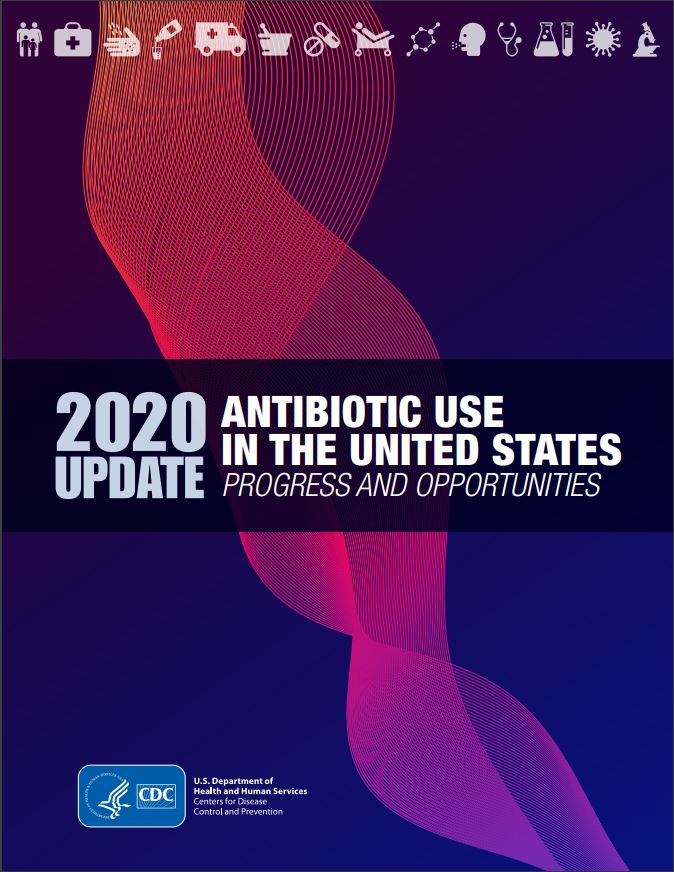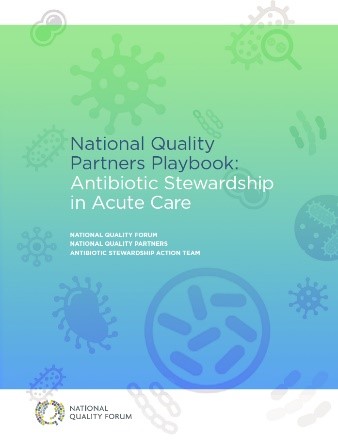Antimicrobial Stewardship
The Centers for Disease Control and Prevention (CDC) estimates that 20-50 percent of all antibiotics prescribed in U.S. acute care hospitals are either unnecessary or inappropriate.
Antimicrobial stewardship (AMS) is a coordinated program that promotes the appropriate use of antimicrobials (including antibiotics), improves patient outcomes, reduces microbial resistance and decreases the spread of infections caused by multidrug-resistant organisms.
AMS and antimicrobial resistance are persistently linked. When antibiotics are prescribed inappropriately or not taken correctly, the bacteria the antibiotics are meant to treat can develop resistance – the antibiotics no longer work in combatting infection.
CHA is committed to working with its member hospitals to improve antimicrobial stewardship and associated patient outcomes.
AMS Collaborative Study
Recently CHA completed a two-year AMS collaborative that actively engaged 26 member hospitals. The overarching goal of the collaborative was to encourage hospitals to focus on two specific syndromes commonly associated with over-prescribing: urinary tract infections (UTIs) and skin and soft tissue infections (SSTIs). A steering committee of academic and community partners with relevant expertise in medicine and pharmacy, developed evidence-based diagnosis and prescribing guidelines for the hospitals to employ. At the end of the collaborative the following achievements were made:
UTI – Download guidelines here
- The proportion of cases meeting clinical criteria for UTI increased from 51 percent to 54 percent.
- Use of fluoroquinolones decreased from 49 percent to 41 percent.
SSTI – Download guidelines here
- The proportion of patients treated with broad-spectrum gram-negative antibiotics declined from 61 percent to 53 percent.
